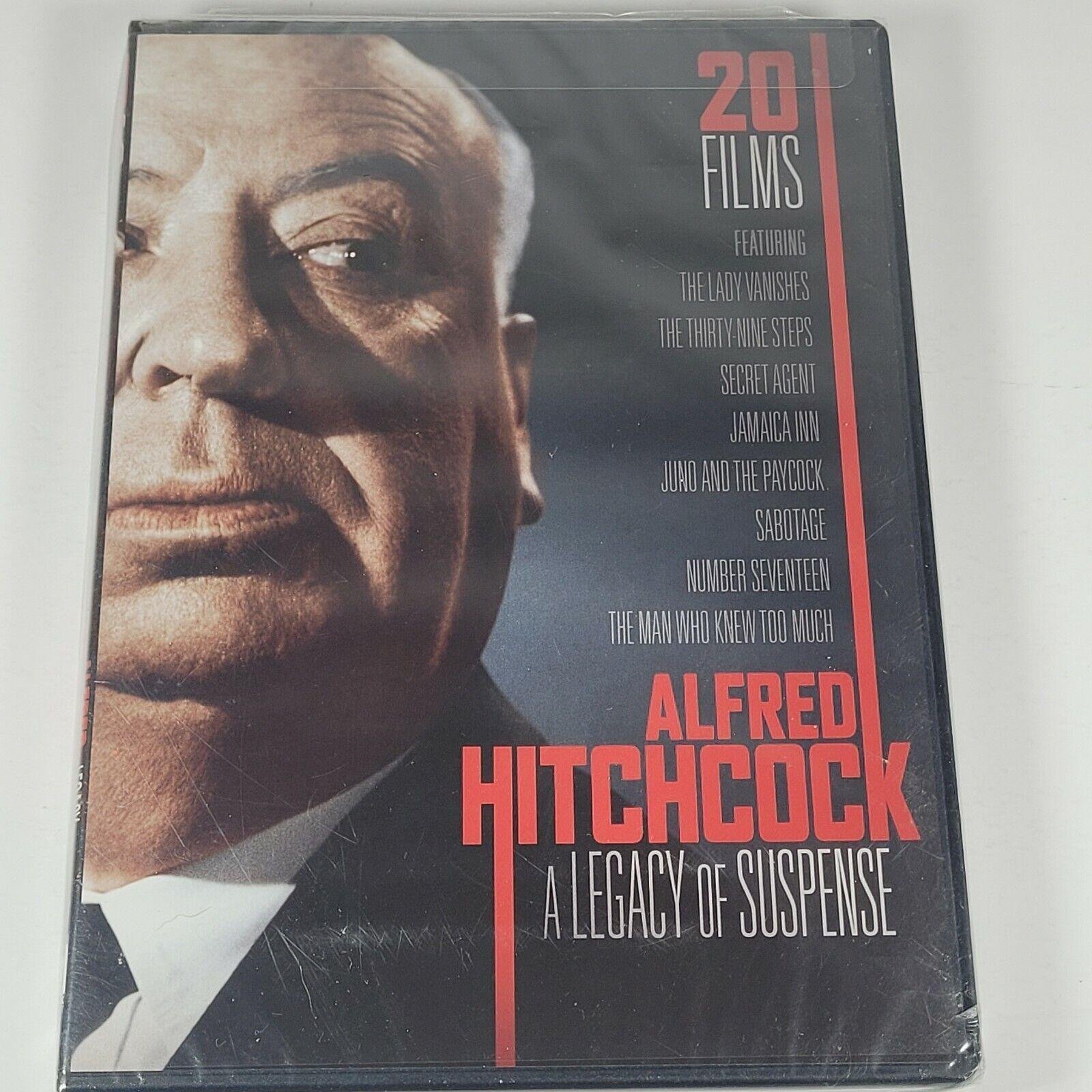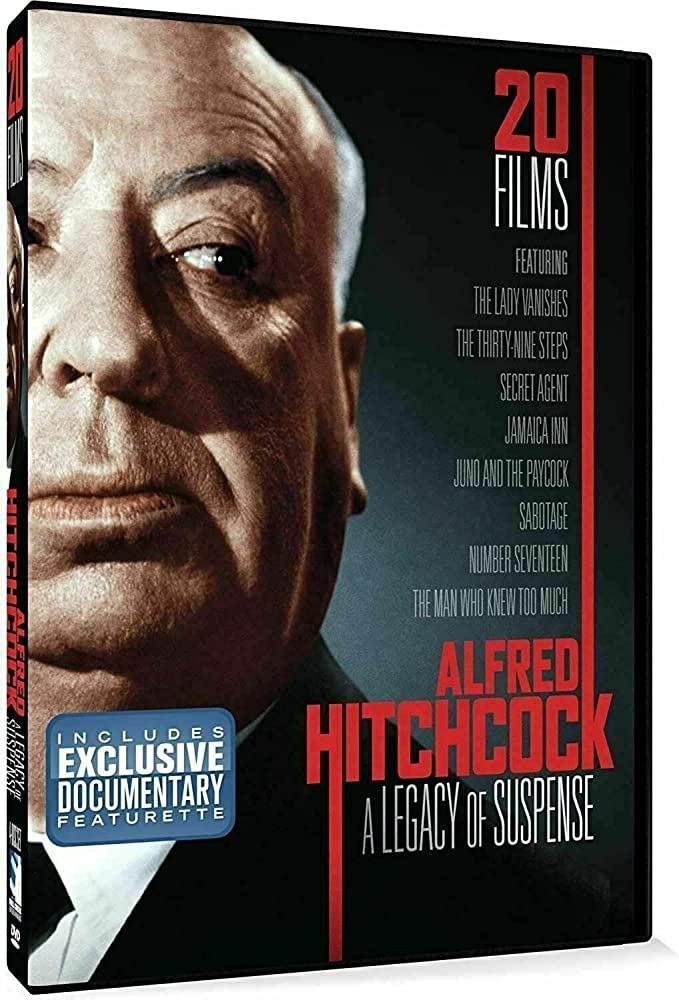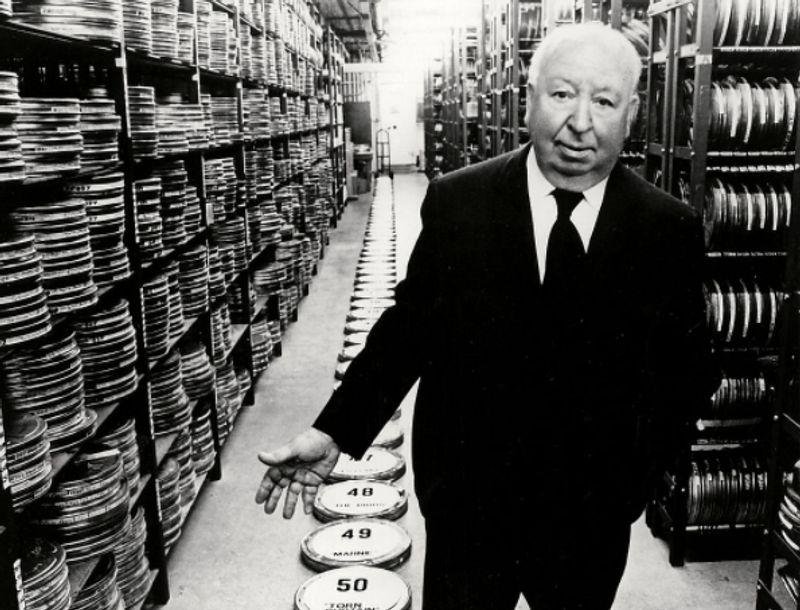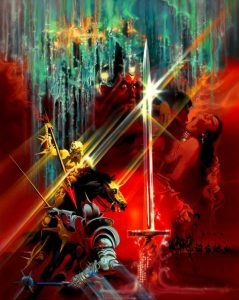The Master of Suspense: Exploring the Legacy of Alfred Hitchcock in Cinema History
Alfred Hitchcock, famously known as the Master of Suspense, has indelibly left his mark on cinema history. His films, which often featured complex characters, unpredictable plot twists, and remarkable camera work, have become a benchmark for filmmakers around the world. Hitchcock’s legacy has been so influential that his name has become synonymous with the thriller genre. In this article, we will take a deep dive into the works of Hitchcock and explore his immense contribution to the world of cinema.
Alfred Hitchcock, famously known as the Master of Suspense, has indelibly left his mark on cinema history. His films, which often featured complex characters, unpredictable plot twists, and remarkable camera work, have become a benchmark for filmmakers around the world. Hitchcock’s legacy has been so influential that his name has become synonymous with the thriller genre. In this article, we will take a deep dive into the works of Hitchcock and explore his immense contribution to the world of cinema.

Introduction
Alfred Hitchcock is an iconic figure in the world of cinema. He was a master of suspense and his films continue to captivate audiences to this day. In this article, we will explore his cinema legacy and the impact he has had on the film industry. From his early works in British cinema to his successful Hollywood films, we will delve into the genius behind his storytelling and the techniques he used to create some of the most memorable movies of all time. Join us as we take a closer look at the life and work of one of the greatest directors in cinema history.
Early Career and Influences
Alfred Hitchcock’s early career and influences played a significant role in shaping his cinema legacy. Born in London in 1899, Hitchcock started working in the film industry as a title designer and art director in the 1920s. He then transitioned to directing and gained critical acclaim for his suspenseful storytelling and innovative techniques. Hitchcock’s influences included German Expressionism and the work of filmmakers such as F.W. Murnau and Fritz Lang, which he incorporated into his own style. His early silent films, such as “The Lodger” and “Blackmail,” showcased his mastery of visual storytelling and use of tension and atmosphere, which would become hallmarks of his later works.
Key Themes in Hitchcock Films
Alfred Hitchcock is one of the most iconic directors in the history of cinema. His films are known for their suspense, mystery, and psychological complexity. Some of the key themes explored in Hitchcock’s films include the idea of the “wrong man,” where an innocent person is wrongly accused of a crime and forced to prove their innocence. He also frequently explored the themes of obsession, guilt, and the breakdown of the human psyche. Additionally, Hitchcock often used symbolism and visual metaphors to convey deeper meanings and themes in his films. These themes have cemented Hitchcock’s legacy as one of the greatest directors of all time, and his influence can still be seen in modern cinema.

The Suspense Technique
One of the most iconic features of Alfred Hitchcock’s cinema legacy is his mastery of the suspense technique. Hitchcock was a master of building tension and creating a sense of impending doom through his use of careful pacing, music, camera angles, and clever editing. His films, such as Psycho and Rear Window, are renowned for their ability to keep audiences on the edge of their seats from start to finish. Hitchcock’s legacy in suspense filmmaking has had a lasting impact on the industry and continues to inspire new generations of filmmakers to this day.
Iconic Hitchcockian Characters
When it comes to the legacy of Alfred Hitchcock, one cannot overlook the iconic characters he created. From the curious and spunky Lina McLaidlaw in “The Lady Vanishes” to the suave and sophisticated Roger Thornhill in “North by Northwest,” Hitchcock’s characters were always captivating and unforgettable. The director had a knack for creating multidimensional characters that were both relatable and mysterious. Think of the troubled and obsessed Scottie Ferguson in “Vertigo,” or the unpredictable and dangerous Norman Bates in “Psycho.” These characters have become a part of cinema history and continue to inspire filmmakers today.
The Blonde Woman in Hitchcock Films
When it comes to Alfred Hitchcock’s cinema legacy, there is one character that stands out: the blonde woman. Throughout his films, Hitchcock often cast a blonde actress as the leading lady or the victim, with Grace Kelly, Kim Novak, and Tippi Hedren being some of the most iconic. Hitchcock used the blonde woman as a symbol of innocence, vulnerability, and objectification, playing with the audience’s expectations and fears. Despite the controversial nature of his portrayal of women, Hitchcock’s blonde woman remains a fascinating and enduring element of his cinematic style.

The MacGuffin
In the world of cinema, few terms have been as influential as “The MacGuffin”, a concept popularized by the legendary filmmaker Alfred Hitchcock. The MacGuffin refers to a plot device or object that drives the story forward, but may not necessarily hold any intrinsic value or meaning. Hitchcock often used the MacGuffin in his films, such as the microfilm in “North by Northwest” or the stolen money in “Psycho”. Despite its relative insignificance, the MacGuffin has become a staple of storytelling in cinema and continues to be referenced and used in films today, cementing Hitchcock’s legacy as a master storyteller.
Reception and Critique of Hitchcock Films
The reception and critique of Alfred Hitchcock‘s films have been a topic of discussion for decades. Hitchcock was known for his unique style of storytelling, using suspense and thrilling plot twists to captivate audiences. His films have been praised for their technical brilliance, innovative camera techniques, and psychological depth. However, some critics have also questioned the portrayal of women in his films and the level of violence depicted. Despite the critiques, Hitchcock’s legacy in cinema continues to influence filmmakers today, and his films remain timeless classics that are enjoyed by audiences worldwide.
Legacy of Hitchcock’s Influence on Cinema
Alfred Hitchcock’s influence on cinema is undeniable. His innovative techniques in cinematography, sound design, and storytelling have become a standard for modern filmmaking. Hitchcock’s use of suspense, psychological terror, and surprise endings have inspired generations of filmmakers to experiment and push the boundaries of traditional filmmaking. His legacy is seen in the works of directors such as Brian De Palma, David Fincher, and Christopher Nolan. Hitchcock’s impact on cinema is timeless, as audiences continue to be captivated by his films decades after their release.
Conclusion
In conclusion, Alfred Hitchcock‘s cinema legacy continues to inspire filmmakers and movie lovers alike. His unique storytelling techniques, use of suspense, and ability to create unforgettable characters have made him an icon in the industry. From his early silent films to his later color masterpieces, Hitchcock’s influence can still be seen in modern cinema. His contribution to the art of filmmaking will always be remembered and celebrated.
For more information about Alfred Hitchcock cinema legacy, including movie details, cast information, etc..
check out the filmaffinity page.



